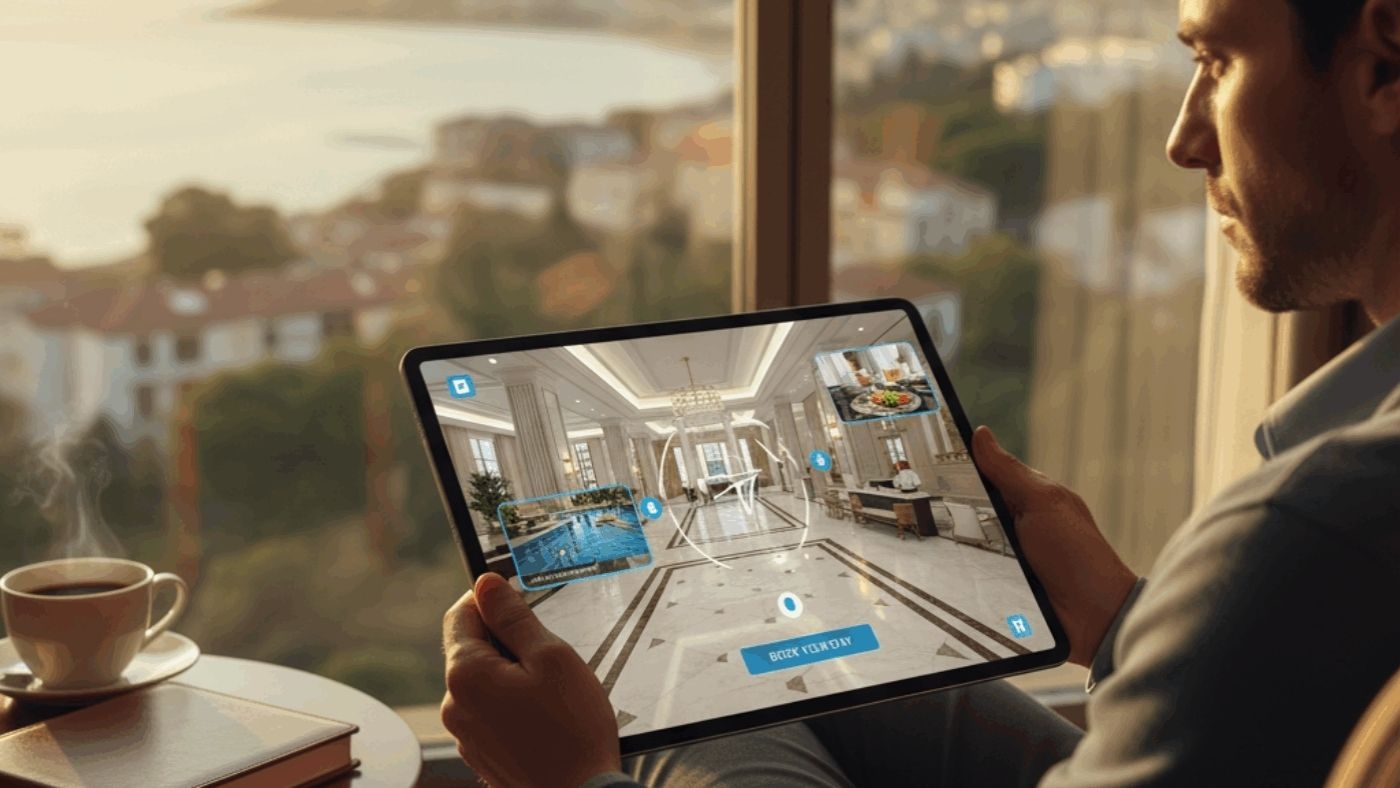The real estate landscape is constantly evolving, driven by technological advancements and shifting buyer expectations. What was once considered a luxury marketing tool—the 3D virtual tour—has rapidly become an indispensable necessity. As we move into 2025, agents, brokers, and developers who aren’t leveraging this powerful technology risk being left behind.
Here’s why virtual tours are no longer just an option, but a critical component of a successful real estate strategy:
1. Meeting the Demands of the Modern Buyer
Today’s property seekers are digitally native and expect immediate, rich information. They want to experience a home from their couch before committing to a physical visit. Virtual tours deliver this convenience, allowing buyers to:
- Filter properties effectively: Buyers can quickly assess if a home’s layout and feel match their needs, eliminating properties that are clearly not a fit without wasted time.
- Share with ease: They can easily share the immersive experience with family members or partners, fostering collaborative decision-making.
- View on demand: The 24/7 accessibility means they can explore a property whenever it suits their schedule, regardless of time zones or office hours.
2. Expanding Your Reach Beyond Local Borders
In an increasingly globalized world, potential buyers are not always around the corner. Virtual tours break down geographical barriers, allowing you to showcase properties to:
- Out-of-state or international buyers: Crucial for relocation, investment properties, or vacation homes.
- Busy professionals: Those with demanding schedules who cannot easily drop everything for a showing.
This wider reach translates directly into a larger pool of potential buyers and faster sales cycles.
3. Streamlining the Sales Process and Saving Time
Virtual tours act as an incredibly efficient pre-screening tool, benefiting both buyers and agents:
- Fewer unqualified showings: Buyers who have virtually toured a property are generally more serious and informed when they do request an in-person viewing.
- Reduced time per showing: Since buyers are already familiar with the layout, physical showings can focus on specific questions or details, making them more productive.
- Less disruption for sellers: Fewer casual “looky-loos” mean less hassle for homeowners.
Ultimately, this efficiency allows agents to spend their valuable time with truly qualified leads, accelerating transactions.
4. Building Trust and Transparency from the Start
In real estate, trust is paramount. Virtual tours offer an unparalleled level of transparency:
- “What you see is what you get”: Buyers appreciate being able to explore every corner without curated photos hiding flaws. This honesty builds immediate credibility.
- Reduced surprises: By providing a comprehensive view, virtual tours minimize unexpected discoveries during a physical visit, leading to smoother negotiations.
This transparency fosters confidence and establishes you as a trustworthy agent.
5. Gaining a Significant Competitive Advantage
While virtual tours are becoming mainstream, not all agents are using them, or using them effectively. Offering high-quality, immersive 3D virtual tours powered by Ziara instantly positions you as a modern, forward-thinking agent committed to leveraging the best tools for your clients.
- Attract more listings: Sellers are more likely to choose an agent who offers superior marketing tools.
- Stand out in a crowded market: Differentiate your listings from those with only static photos.
- Professional brand image: Enhance your reputation as a tech-savvy and client-focused professional.
Embrace the Future of Real Estate Marketing
The question is no longer if you should use virtual tours, but how effectively you’re using them. As buyer expectations continue to rise, integrating immersive 3D experiences into your real estate marketing strategy is not just an advantage—it’s a fundamental requirement for success in 2025 and beyond.


Leave